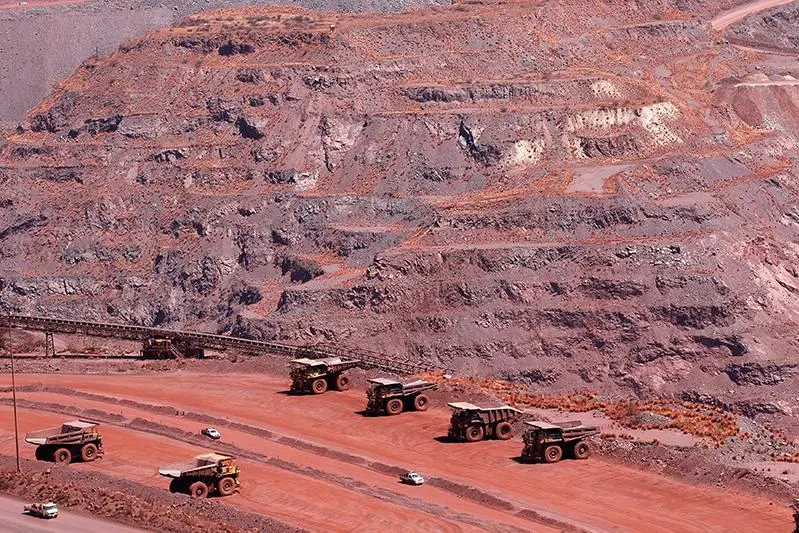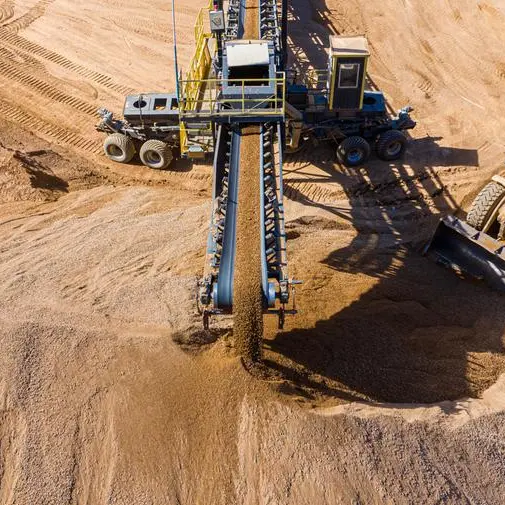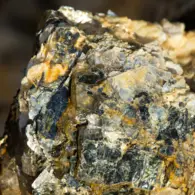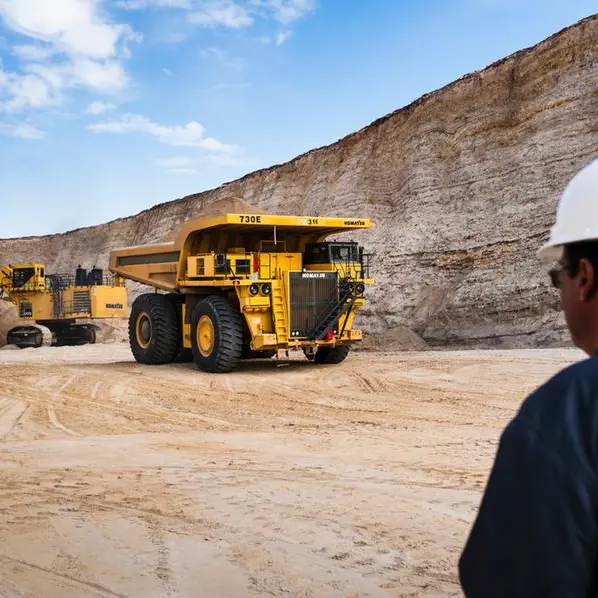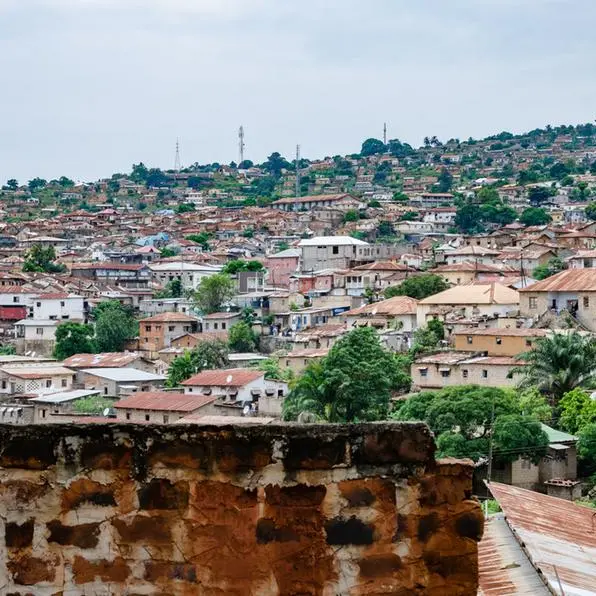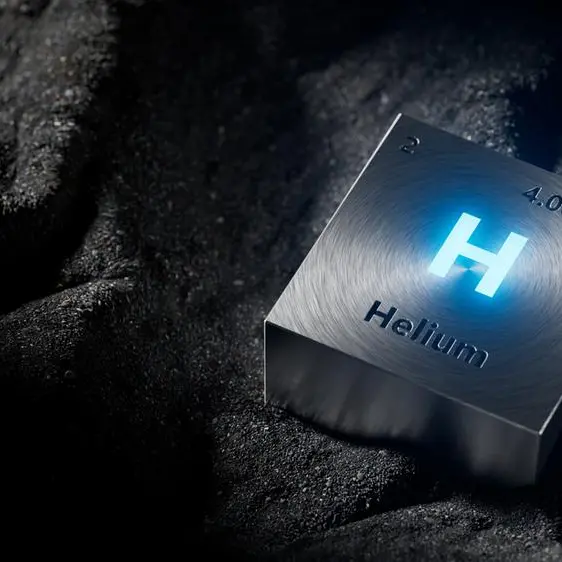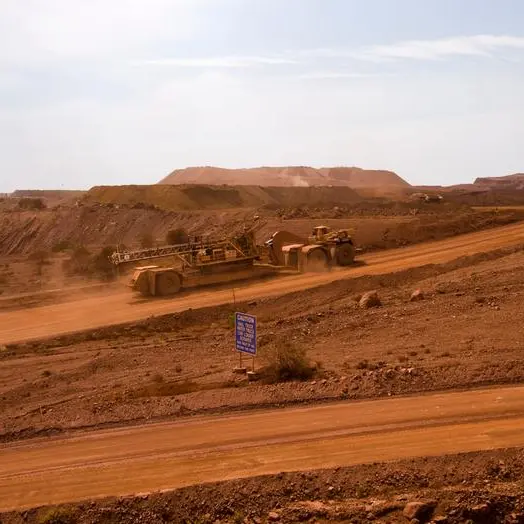PHOTO
A new briquetting plant proposed by Brazilian mining conglomerate Vale SA at its iron ore pelletising complex in Sohar Port promises to further reinforce the Sultanate of Oman’s importance as a major distribution hub for feedstock targeted at steel plans in the region.
Vale’s wholly-owned Omani subsidiary Vale Oman Pelletising Company (Vale in Oman) announced last week that a Board decision approving the new investment is anticipated by around the middle of this year.
If indeed the initiative gets the greenlight, it will culminate in the addition of a briquetting plant that churns out relatively low-carbon hot briquetted iron (HBI) — a high density raw material for the steel industry containing 90-94 per cent iron in a nearly pure form.
Produced by reducing iron ore with natural gas, these briquettes are considered environmentally friendly relative to feedstock produced with the use of coal as the reducing agent. With many steel mills switching to Electric Arc Furnaces (EAF) for environmental reasons from conventional blast furnaces, the demand for briquettes as the primary feedstock has soared in recent years.
For Vale in Oman, the addition of a briquetting plant at its Sohar Port complex will lend further flexibility to its operations to serve a wider choice of steel mills in the Middle East.
Vale in Oman, which recently celebrated 10 years of successful operations, is the product of a $1.25 billion investment featuring an iron ore pelletising plant with a capacity of 9 million metric tonnes per year and a distribution centre with a throughput capacity of 40 million metric tonnes.
Much of this output is shipped to DRI mills in the Middle East as feedstock in the production of steel products, including reinforcing bar (rebar).
Significantly, Oman represents an important investment destination for Vale SA as the mining giant embarks on a major growth strategy centring on the establishment of low-carbon mega hubs in key locations around the world.
Duqm, in Al Wusta Governorate, has been tipped to host one such mega hub.
To this end, a Memorandum of Understanding was signed with the Public Authority for Special Economic Zones and Free Zones (OPAL) last November.
Briquetting plants, which contribute to significant savings in CO2 emissions, will be at the heart of these proposed mega hubs.
Based initially on the use of natural gas for the production of briquettes, these plants will eventually switch hydrogen and other renewable energy resources when the availability of these low carbon energy fuels becomes competitive and widespread.
Through these decarbonisation initiatives, Vale aims to reduce to reduce 15% of net scope 3 emissions by 2035.
The goal is to reduce its absolute scope 1 and 2 emissions by 33 per cent by 2030 and achieve net zero by 2050.
Last week, Vale in Oman acquired the Omani government’s 30 per cent in the company (represented by wholly state-owned OQ Group) to become a fully-owned subsidiary of Rio de Janeiro-headquartered Vale SA.
It follows a call option exercised by OQ to sell its 30 per cent non-controlling interest held in the Sohar company. The closing of the transaction is expected to take place in Q2 2023.
2022 © All right reserved for Oman Establishment for Press, Publication and Advertising (OEPPA) Provided by SyndiGate Media Inc. (Syndigate.info).
